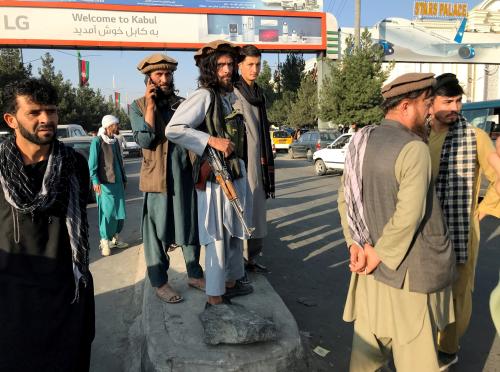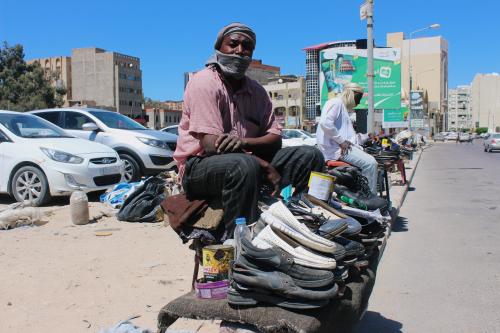In December 2005, I undertook an official mission to the Caucasus republic of Georgia. In addition to Tbilisi, I visited the Samegrelo region and the de facto autonomous regions of South Ossetia and Abkhazia.
I was shocked by the misery in which thousands of IDPs are still living, more than a decade after the violent fighting that caused them to flee their homes. At the same time, I received firm assurances from the Government that plans are under way to develop and implement a new IDP policy to end their plight through recourse to durable solutions. The main obstacles are the absence of political solutions to regional conflicts and the ensuing widespread feelings of insecurity. As a consequence, return movements are slow – and almost non-existent in some areas. International support for rehabilitation and development investment is hampered.
The sustainable return of persons to the Gali region of Abkhazia is obstructed by administrative measures directed against returnees, by attacks and harassment, as well as by widespread impunity for perpetrators. Eve nif it has no international significance, the so-called “Law of the Republic of Abkhazia on Citizenship of the Republic of Abkhazia” of 2005 discriminates against persons of non-Abkhaz origin and may thus create difficulties for returnees. Reportedly, Abkhaz authorities have restricted the use of the Georgian language in schools, with detrimental effects on the provision of education.
In South Ossetia, some IDPs have returned and integrated locally, although many live under deplorable conditions with insufficient international assistance. I was informed that most prefer not to return to their original homes for fear of discrimination and harassment. A property restitution mechanism for Osset IDPs is sorely lacking, a situation which I urged the Government to remedy without further delay.


Commentary
Georgia Must Act on Promises to End Displacement Crisis
May 31, 2006